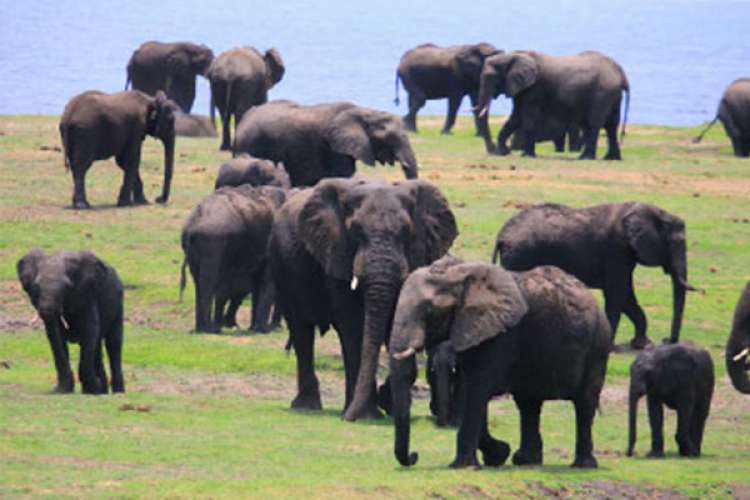BIDPA calls for review of outdated tourism policy
Botswana Institute for Development Policy Analysis (BIDPA) research fellow for international trade, Johnson Maiketso has called for the review or complete overhaul of the 25 year-old Tourism Policy.
Maiketso, who was speaking at the recent Hospitality and Tourism Association Botswana (HATAB) annual conference in Kasane, said the review of the 1990 Policy and the Tourism Master Plan of 2000 is urgent. “It may be a beautiful document, but many things have changed, including institutional set up. There is need to put mechanisms in place to produce data on the sector,” he said. Additionally, the review is intended to look into financing of the sector, infrastructure development, definition of roles and responsibilities among institutions and stakeholders, as well as monitoring and evaluation framework. He went on to highlight that, “In an ideal situation, a policy sets the stage for development of the sector.
It will be followed by national strategy; the laws and regulations and establishment of executing institutions or assignment of duties/mandates to existing ones,” he said adding that the Tourism Policy has been followed by enactment of the Tourism Act (1992; 2009); Regulations [2010; amended in 2013; Botswana Tourism Organisation’ Regulations of 2010; as well as Institutional framework: that is, government departments; parastatals and private sector and NGOs.
When responding to the Policy review, Director of the Department of Tourism, Kelebaone Maselesele acknowledged the shortfalls and indicated that the new draft was started in 2008.
“Soon we will be concluding the review of this policy. There is no way we can drive the development of the sector with an outdated document,” she said. When launching the AT&T Travel Tours Agency’s new office back in 2008, the then Minister of Environment, Wildlife and Tourism Kitso Mokaila hinted that, “Our Botswana Tourism Policy of 1990 is at its completion stage for review.” Seven years down the line, it is still at completion stage. HATAB chairman Dr Thapelo Matsheka said in relation to the policy amendments due to the absence of data they are unable to ascertain the number of licensed enterprises that are operating.
The last data on the contribution of tourism to GDP, wealth creation and job creation is for 2010 and even the authorities provided conflicting data regarding its contribution to the economy. “It is of great concern that the authorities have not updated tourism statistics since then. I need not reiterate the importance of data in order to guide, plan and implement the Tourism Master Plan and feed into the Policy implementation,” concluded Dr Matsheka. Giving a background from the 1990s, the Botswana government’s Policy on Tourism focused on involving local community participation in tourism by making Botswana cultural heritage one of the cornerstones of tourism.
This policy included goals of alleviating rural poverty and promoting sustainable resource management. Communities in urban and rural areas were challenged to market their cultural knowledge such as holding court, traditional Botswana hospitality, performance arts and handicrafts in attracting international tourists. Tourism plays a pivotal role as it has the potential to diversify the economy; Tourism is a source of livelihood, especially for the rural communities; It generates employment and is a government revenue earner.
Tourism also generates productive activities in other sectors, especially services; such as retail, crafts, communication, banking amongst others. In this context, policy and regulatory framework for the tourism sector encompasses an array of issues in a spectrum of areas.






